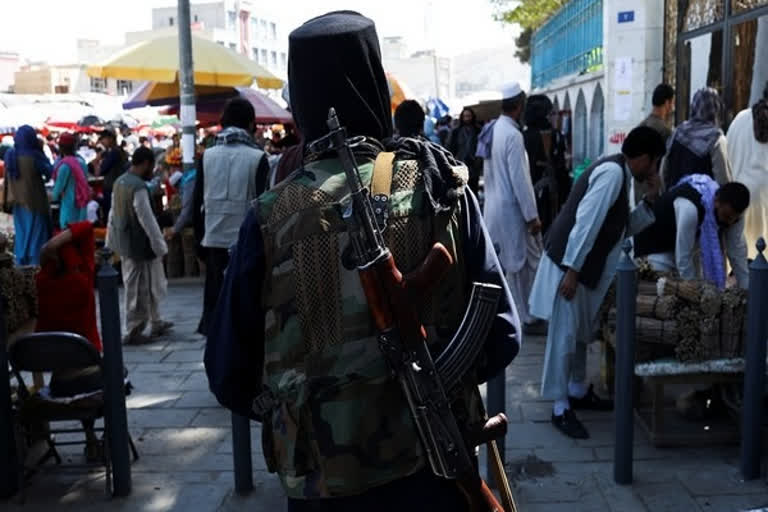New York (US): The Taliban's claims that they will prevent abuses and hold abusers to account appears nothing more than a "public relations stunt" so far, said a US-based rights group, adding that the lack of accountability makes clear the need for continued UN scrutiny of Afghanistan's human rights situation.
The remarks by Patricia Gossman, associate Asia director at Human Rights Watch (HRW) come as the rights group released a report claiming that Taliban forces in Afghanistan have summarily executed or forcibly disappeared more than 100 former police and intelligence officers in just four provinces since taking over the country on August 15, despite a proclaimed amnesty.
The 25-page report, "'No Forgiveness for People Like You,' Executions and Enforced Disappearances in Afghanistan under the Taliban," documents the killing or disappearance of 47 former members of the Afghan National Security Forces (ANSF) - military personnel, police, intelligence service members, and militia - who had surrendered to or were apprehended by Taliban forces between August 15 and October 31.
Human Rights Watch gathered credible information on more than 100 killings from Ghazni, Helmand, Kandahar, and Kunduz provinces alone.
"The Taliban leadership's promised amnesty has not stopped local commanders from summarily executing or disappearing former Afghan security force members," said Patricia Gossman, associate Asia director at Human Rights Watch.
"The burden is on the Taliban to prevent further killings, hold those responsible to account, and compensate the victims' families." Human Rights Watch (HRW) said it had interviewed 40 people in-person in the four provinces and another 27 by telephone, namely witnesses, relatives and friends of victims, former government officials, journalists, healthcare workers, and Taliban members.
A Taliban commander said that those responsible for atrocities "cannot be forgiven." The Taliban leadership has directed members of surrendering security force units to register to receive a letter guaranteeing their safety, the report mentioned.
However, Taliban forces have used these screenings to detain and summarily execute or forcibly disappear people within days after they register, leaving their bodies for their relatives or communities to find. The Taliban have also been able to access employment records that the former government left behind, using them to identify people for arrest and execution.
In just one example, in Kandahar city in late September, Taliban forces went to the home of Baz Muhammad, who had been employed by the National Directorate of Security (NDS), the former state intelligence agency, and arrested him. Relatives later found his body.
